Women's suicide rates on the rise
Campaigners warn that women are not getting adequate mental health provision
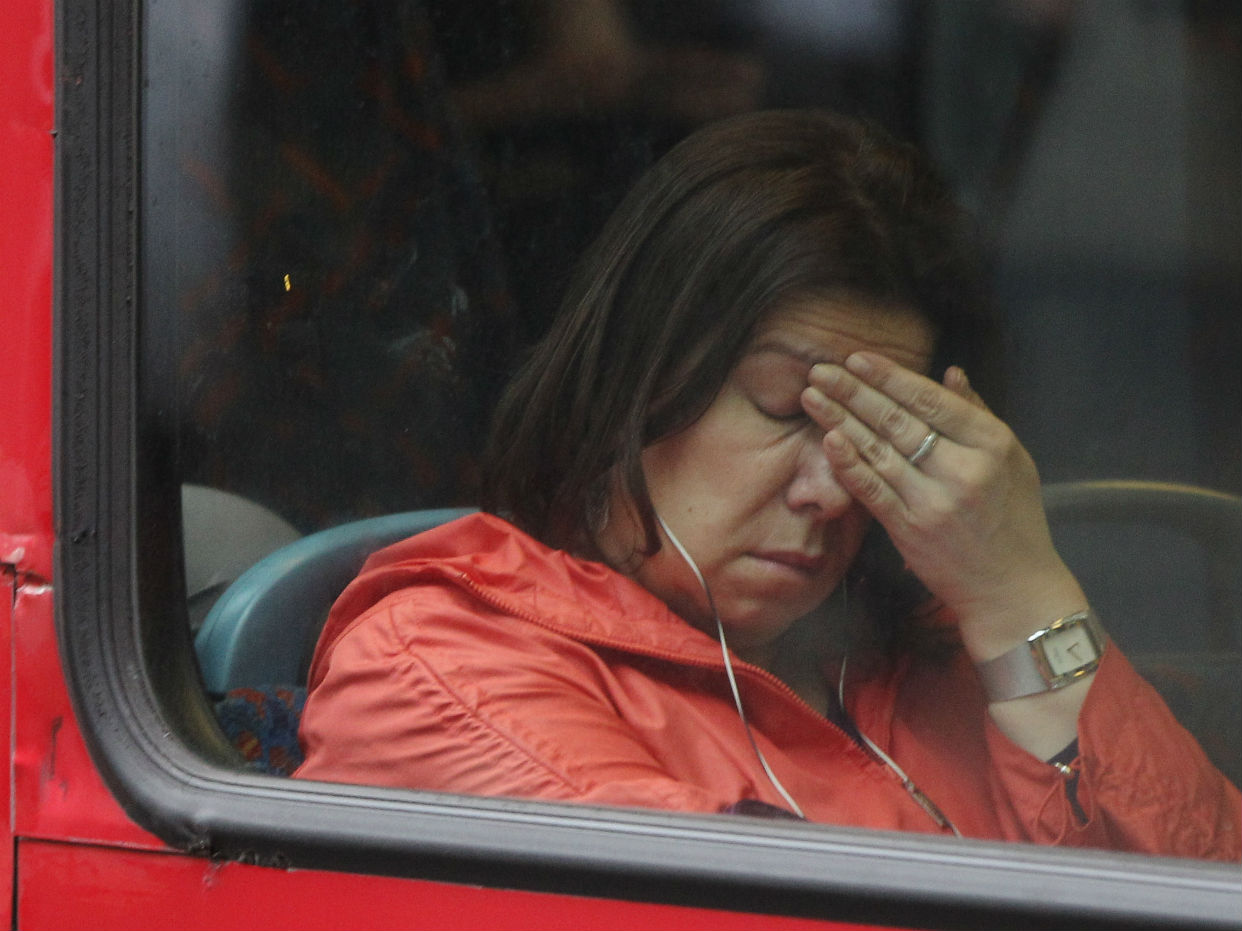
A free daily email with the biggest news stories of the day – and the best features from TheWeek.com
You are now subscribed
Your newsletter sign-up was successful
Women are not getting the mental health care they need, campaigners warn, as the rate of female suicide rises.
"With mental health being so gendered, it follows that women who face mental illness need different support to men," says Katharine Sacks-Jones, the director of Agenda, the alliance for women and girls at risk.
"Without the right help, many women spiral from crisis to crisis, living lives marked by misery."
The Week
Escape your echo chamber. Get the facts behind the news, plus analysis from multiple perspectives.

Sign up for The Week's Free Newsletters
From our morning news briefing to a weekly Good News Newsletter, get the best of The Week delivered directly to your inbox.
From our morning news briefing to a weekly Good News Newsletter, get the best of The Week delivered directly to your inbox.
What is happening?
Research suggests that one in four people in the UK will face a mental health problem in any given year, with depression and anxiety disorders being among the most common.
In England, women are more likely than men to have a mental health problem and are almost twice as likely to be diagnosed with anxiety disorders, according to the Mental Health Foundation.
But they are not receiving the care they require, campaigners say. Out of 57 mental health trusts in England, only one had agender-specific category, says Agenda.
A free daily email with the biggest news stories of the day – and the best features from TheWeek.com
Sacks-Jones says: "Our mental health trusts are not adequately considering the needs of women.
"Women facing poor mental health are among the most vulnerable people. The majority have experienced violence and abuse and many report needing women-specific spaces to feel safe."
Why?
"There is no requirement for the NHS to provide gender-specific mental health services, but its value was recognised by the Department of Health as far back as 2002," the BBC reports.
Government guidance says all health organisations should aim to ensure they are sensitive to gender and the specific needs of women.
A Department of Health statement specifies "addressing these issues should be an integral activity and not an afterthought".
However, the BBC says none of this advice has translated into concrete policy change.
The key problem is funding. As a service, mental health care has always been chronically underfunded and an easy target for government cuts, says the charity Mind.
Mental illness accounts for roughly 23 per cent of the overall disease burden, but it only receives about five per cent of research funding.
Earlier this year, NHS England announced a five-year plan to improve and expand mental health provision that will include investing at least an extra £1bn a year by 2020.
-
 The Week Unwrapped: Do the Freemasons have too much sway in the police force?
The Week Unwrapped: Do the Freemasons have too much sway in the police force?Podcast Plus, what does the growing popularity of prediction markets mean for the future? And why are UK film and TV workers struggling?
-
 Properties of the week: pretty thatched cottages
Properties of the week: pretty thatched cottagesThe Week Recommends Featuring homes in West Sussex, Dorset and Suffolk
-
 The week’s best photos
The week’s best photosIn Pictures An explosive meal, a carnival of joy, and more
-
 ‘Longevity fixation syndrome’: the allure of eternal youth
‘Longevity fixation syndrome’: the allure of eternal youthIn The Spotlight Obsession with beating biological clock identified as damaging new addiction
-
 RFK Jr. sets his sights on linking antidepressants to mass violence
RFK Jr. sets his sights on linking antidepressants to mass violenceThe Explainer The health secretary’s crusade to Make America Healthy Again has vital mental health medications on the agenda
-
 The app tackling porn addiction
The app tackling porn addictionUnder the Radar Blending behavioural science with cutting-edge technology, Quittr is part of a growing abstinence movement among men focused on self-improvement
-
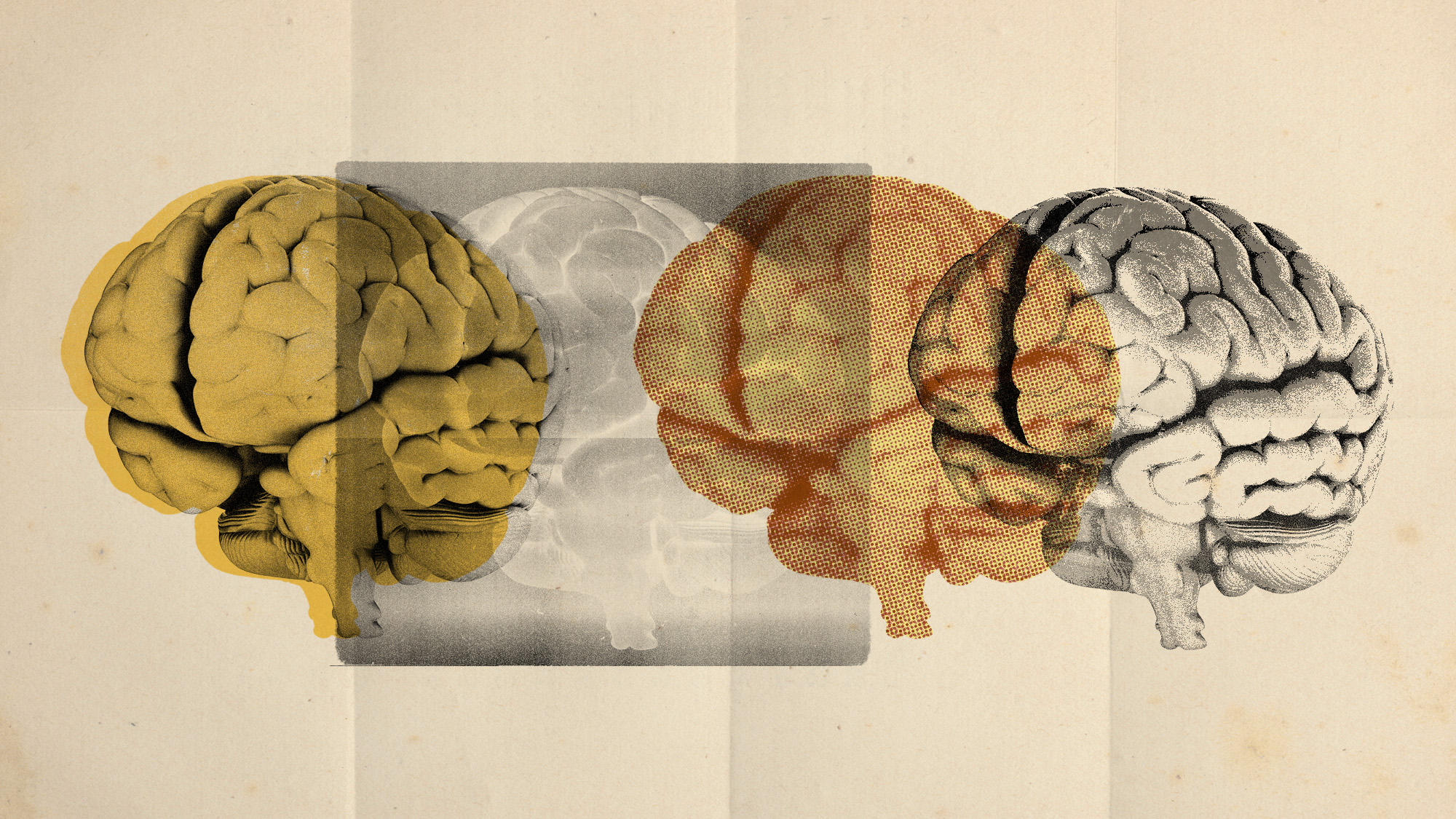 Scientists have identified 4 distinct autism subtypes
Scientists have identified 4 distinct autism subtypesUnder the radar They could lead to more accurate diagnosis and care
-
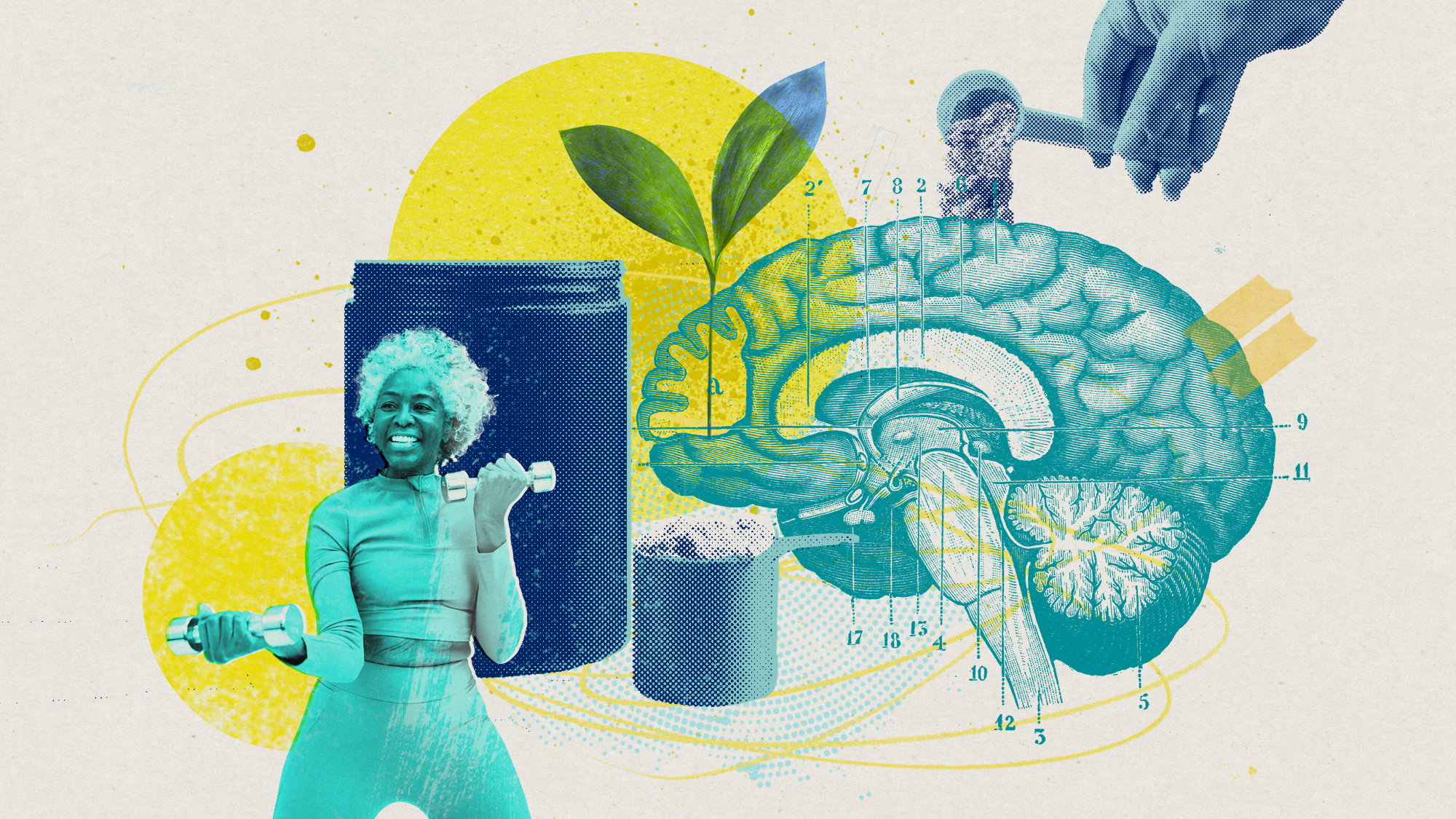 'Wonder drug': the potential health benefits of creatine
'Wonder drug': the potential health benefits of creatineThe Explainer Popular fitness supplement shows promise in easing symptoms of everything from depression to menopause and could even help prevent Alzheimer's
-
 Fly like a breeze with these 5 tips to help cope with air travel anxiety
Fly like a breeze with these 5 tips to help cope with air travel anxietyThe Week Recommends You can soothe your nervousness about flying before boarding the plane
-
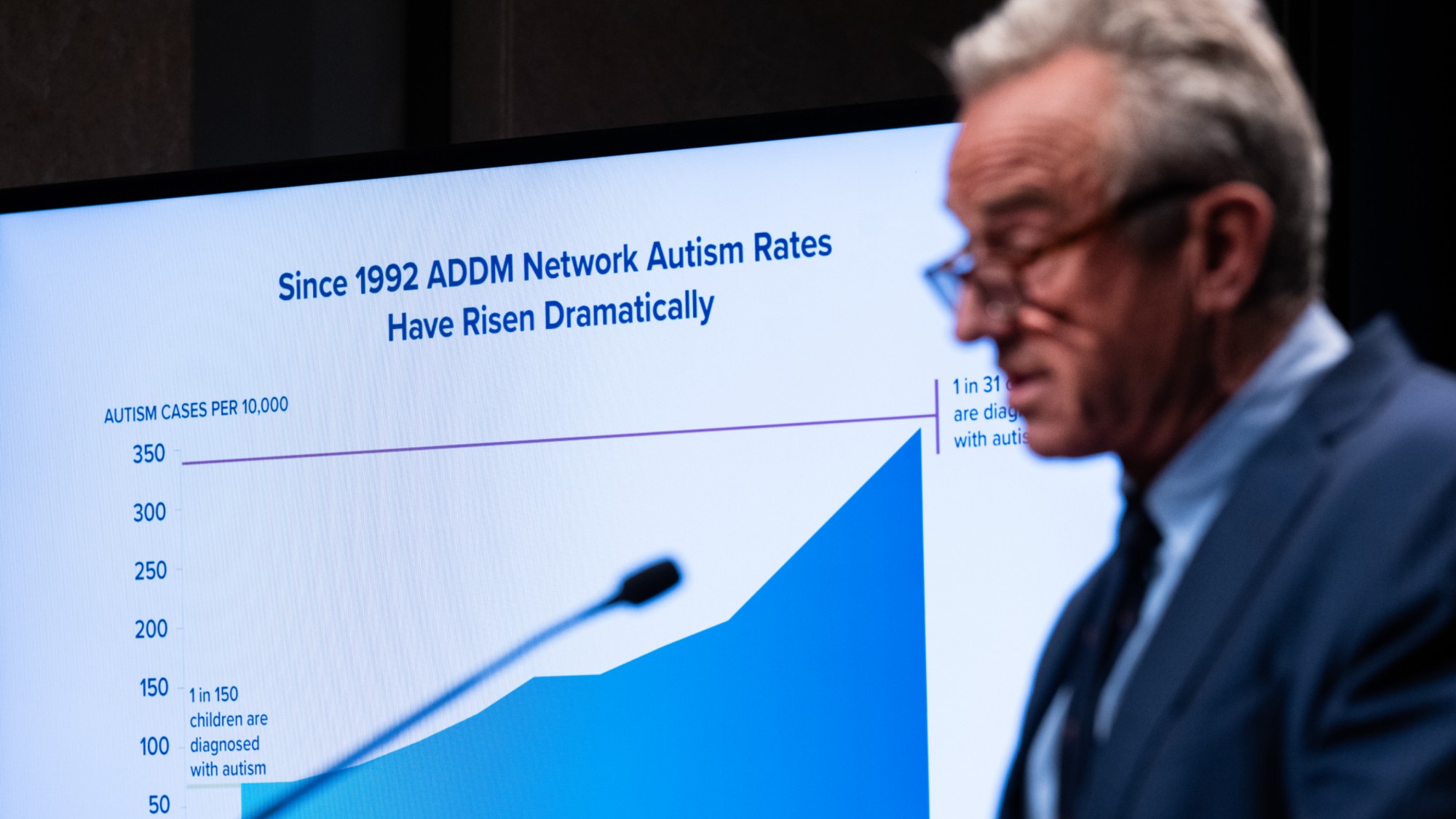 RFK Jr.'s focus on autism draws the ire of researchers
RFK Jr.'s focus on autism draws the ire of researchersIn the Spotlight Many of Kennedy's assertions have been condemned by experts and advocates
-
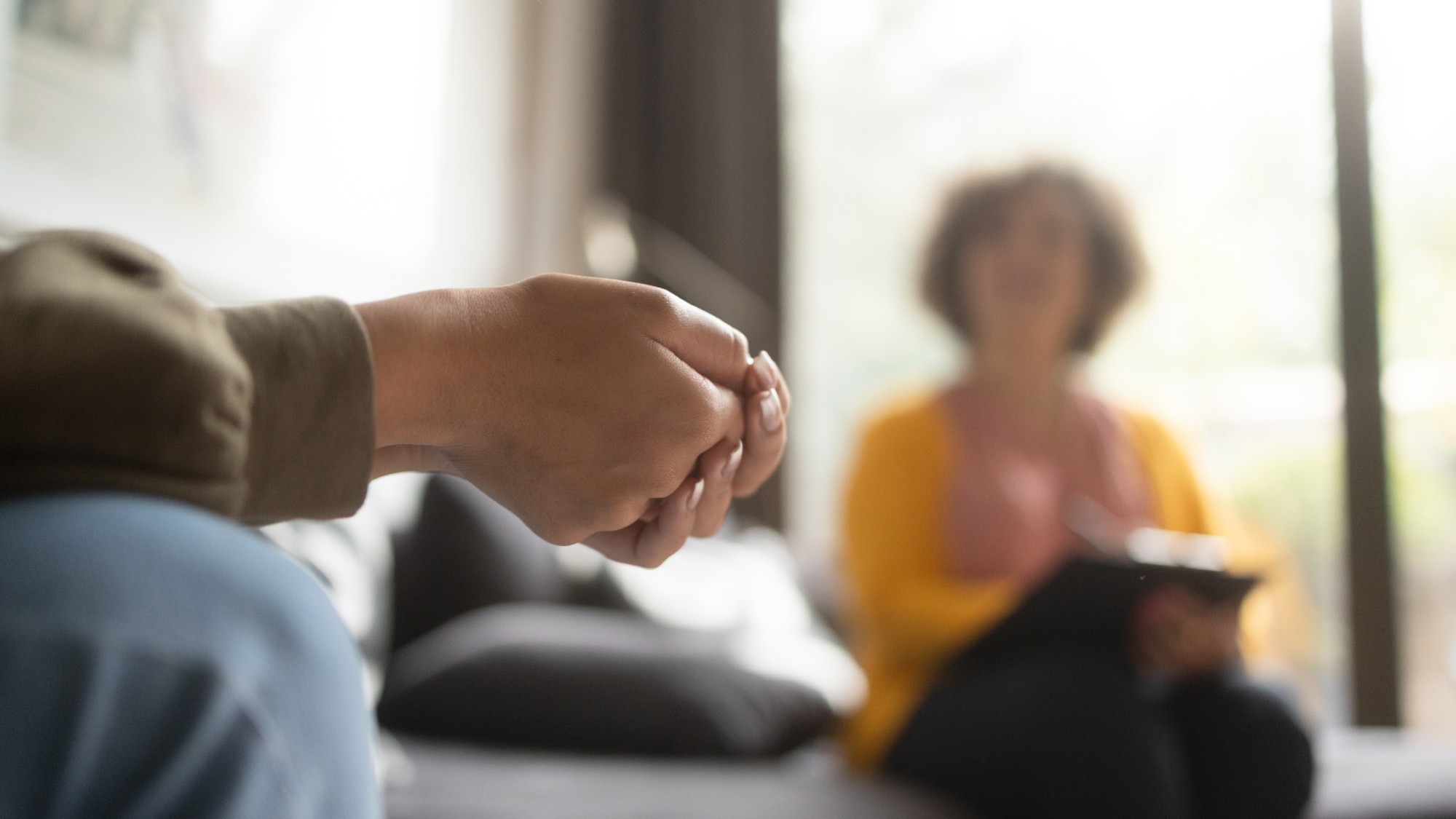 Mental health: a case of overdiagnosis?
Mental health: a case of overdiagnosis?Talking Point Issues at 'the milder end of the spectrum' may be getting wrongly pathologised